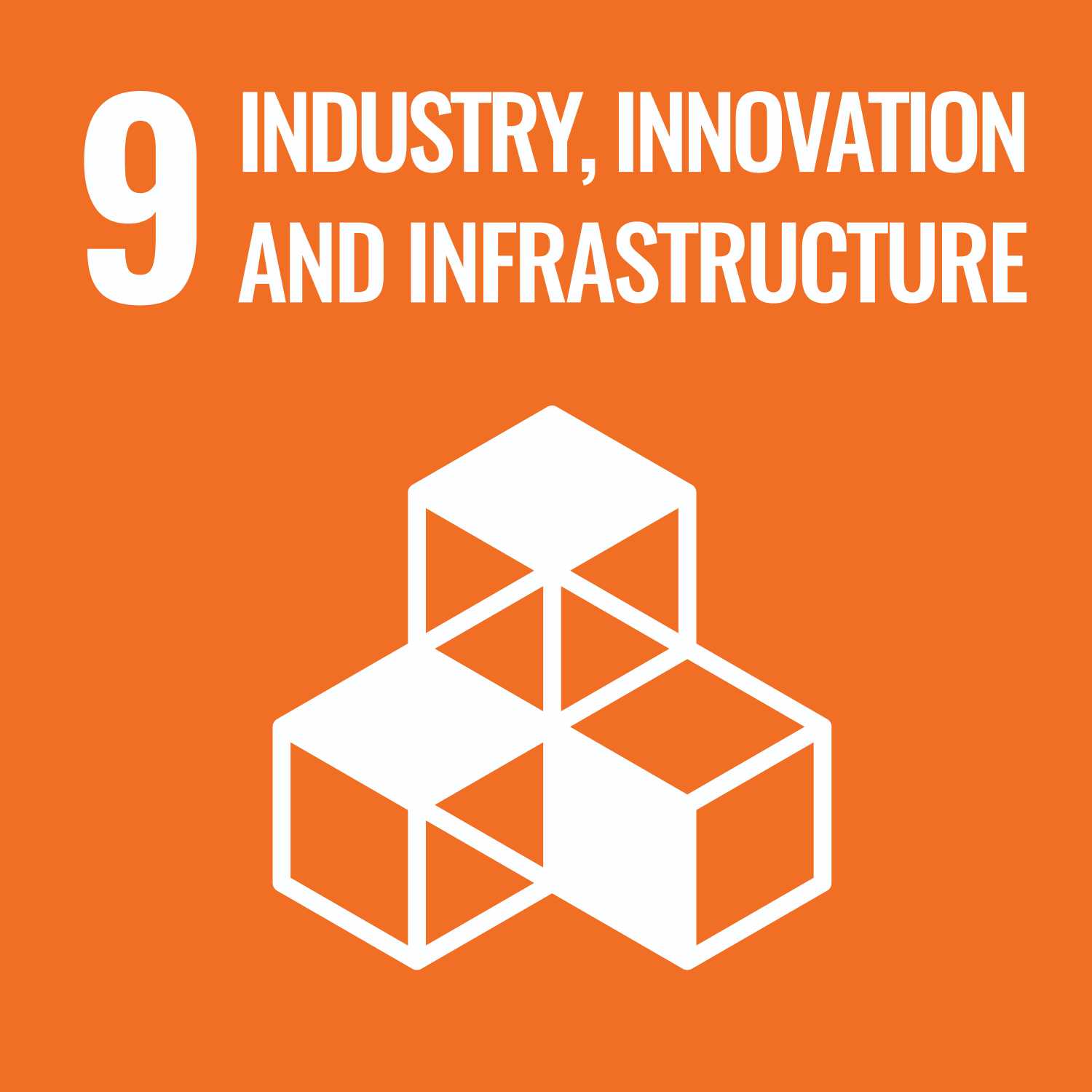Intel’s oneAPI is an open, accessible, and standards-based programming system that enables developer engagement and innovation across multiple hardware architectures, including CPUs, GPUs, FPGAs, AI accelerators, and more. These tools all have very different properties and are thus used for various operations, which oneAPI attempts to simplify by unifying them under one model. one has algorithms and functions to speed up DPC++ kernel programming. oneAPI coexists with existing languages and programming models such as C, C++, Fortran, Python, MPI and OpenMP. Intel oneAPI currently supports Intel CPUs (Intel Xeon, Core, Atom), Intel Arria and Stratix 10 FPGAs, as well as the Intel Gen9 and Gen11 Processor Graphics as a proxy development platform for future Intel discrete data center GPUs. More Intel accelerator architectures will be added over time. The oneAPI specification extends existing developer programming models to enable multiple hardware architectures through a data-parallel language, a set of library APIs, and a low-level hardware interface to support cross-architecture programming. It builds upon industry standards and provides an open, cross-platform developer stack. The oneDPL library follows the C++ standard library’s functions and includes extensions to support data parallelism and extensions to simplify data-parallel algorithms. OneMKL is used for fundamental mathematical routines in high-performance computing and applications. This functionality is divided into dense linear algebra, sparse linear algebra, discrete Fourier transforms, random number generators, and vector math. oneDNN allows neural network functions for deep learning applications and frameworks. Around 180 participants of EEE, ECE, CSE, and AD departments students and faculty members participated in this event and got hands-on training on Intel oneAPI. Using Intel DevCloud and the supporting libraries, students will be doing the project for the Intel oneAPI Innovation Challenge, which is to be held on April 24, 2023.


